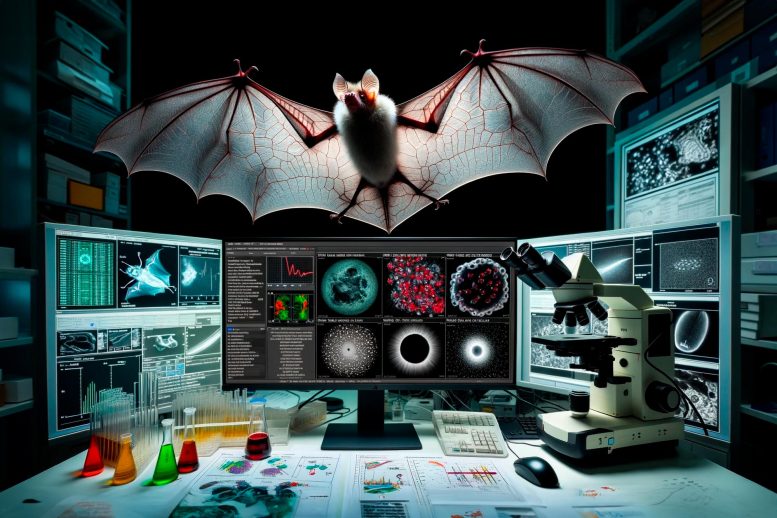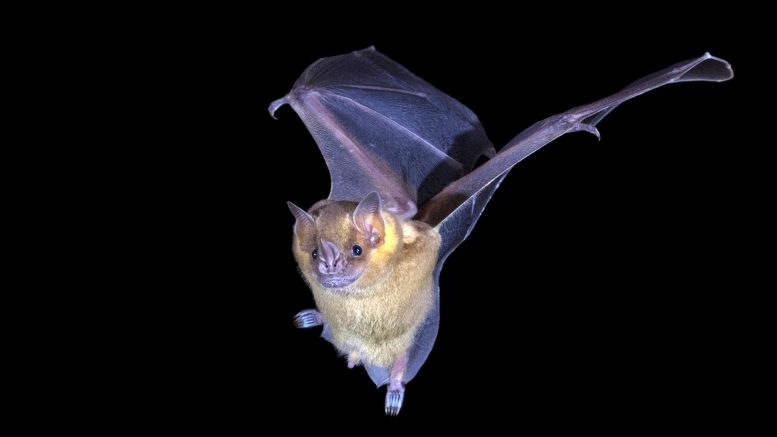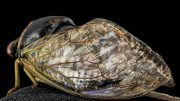
Bats, the only flying mammals, have an incredibly robust immune system that protects them from viruses harmful to humans and keeps them relatively cancer-free. Scientists from the Cold Spring Harbor Laboratory have found that the answer to this immunity lies in the bats’ genes. Through genomic sequencing, they discovered that bats have undergone rapid evolution, enabling them to defend against infections and cancer more effectively than other mammals.
Scientists from the Cold Spring Harbor Laboratory have discovered that bats’ unique genes give them a robust immune system, protecting them from harmful viruses and reducing their cancer susceptibility. Their findings could offer insights into human immunity and potential treatments.
Bats have acquired remarkable traits throughout their evolution. They’re the only mammals that can fly, and they live much longer than other animals their size. But perhaps most impressive is their robust immune system. It protects bats from viruses that wreak havoc in humans, like COVID-19 or Ebola. It also keeps bats relatively cancer-free. How?
According to Cold Spring Harbor Laboratory (CSHL) scientists, it’s all in the genes.
Genomic Insights Into Bat Immunity
Using samples collected in Belize with Nancy Simmons from the American Museum of Natural History, CSHL Professors W. Richard McCombie and Adam Siepel and postdoc Armin Scheben sequenced the genomes of the Jamaican fruit bat and Mesoamerican mustached bat. When they compared these sequences to other mammals, the team found that rapid evolution has streamlined bat genomes to defend against infection and cancer. McCombie explains:
“We didn’t know immune system genes were so positively selected in bat genomes. Bats have a number of very unusual things about them. They don’t respond to infections the way we do. In retrospect, it’s not surprising this difference in the immune system may be involved in both the aging and cancer response.”

CSHL postdoc Armin Scheben, with help from McCombie lab members Sara Goodwin and Melissa Kramer, created the first complete genome sequences of Artibeus jamaicensis, the Jamaican fruit bat (seen here), and Pteronotus mesoamericanus, the Mesoamerican mustached bat. Credit: McCombie and Siepel labs/Cold Spring Harbor Laboratory
A Deeper Look Into Bat Genomes
The Jamaican fruit bat and Mesoamerican mustached bat belong to the world’s most ecologically diverse superfamily of mammals. McCombie, Siepel, and Scheben created complete genomes for both bats using new Oxford Nanopore sequencing technology. They then compared these sequences to 15 other bat and mammal genomes, including humans. This revealed an unknown shift in levels of two inflammatory protein-coding genes called interferon-alpha and –omega.
“Bats have dialed down the immune system’s alarm by shedding genes that produce interferon-alpha,” Scheben explains. “This may be responsible for their high viral tolerance. It prevents overactive immune responses that harm healthy tissue—one of the reasons infections are so damaging to humans.”
They also found that compared to other mammals, bat genomes contain more changes in cancer-related genes, including six that repair DNA and 46 that suppress tumors.
“Our work highlights how immunity and cancer response are deeply interconnected,” Scheben says. “The same immune genes and proteins play important roles in cancer resistance.”
Future Research and Implications
McCombie, Siepel, and Scheben are now exploring how bats’ immune genes are regulated and how they might be expressed in different parts of the body. They hope their work will provide new insights into the links between immunity, aging, and cancer. It may also one day lead to improved treatments.
“There’s still a lot of unknowns,” Siepel says. “Ultimately, we’ll take the work as far as we can and hand off the baton to experts in disease to work toward developing drugs or other therapeutics.”
Reference: “Long-Read Sequencing Reveals Rapid Evolution of Immunity- and Cancer-Related Genes in Bats” by Armin Scheben, Olivia Mendivil Ramos, Melissa Kramer, Sara Goodwin, Sara Oppenheim, Daniel J Becker, Michael C Schatz, Nancy B Simmons, Adam Siepel and W Richard McCombie, 20 September 2023, Genome Biology and Evolution.
DOI: 10.1093/gbe/evad148
Funding: National Institutes of Health, Simons Center for Quantitative Biology, CSHL/Northwell Health Affiliation









Be the first to comment on "Bats to the Rescue: Unraveling Immunity Secrets Against Viruses and Cancer"